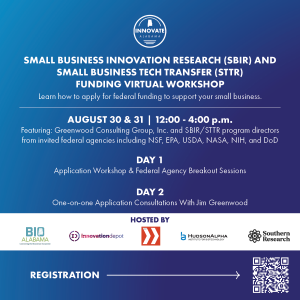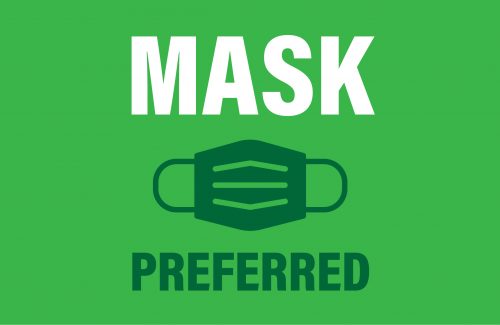By: Lesley Fair | Jan 13, 2021 2:31PM
Fraudsters have concocted a new COVID-related scam and this time they have businesses in their sights. According to reports, business owners are getting emails that appear to be about government-sponsored loan programs. But they’re really phishing messages trying to trick people into turning over personal information. The FTC has tips on how to spot the latest scam and how to defend your company’s good credit – and your good name – against other coronavirus cons targeting businesses.
Here’s how the hustle works. An email appears in your inbox that claims to come from the “Small Business Administration Office of Disaster Assistance.” According to the message, you’re eligible for a “personal/business loan of up to $250,000” and it’s easy to apply. Just fill in your name, address, cell phone number, date of birth, and Social Security number. The email is signed by a purported “loan specialist” at the SBA.
A little CSI-style investigating can help you spot aspects of the email that should move your Shady-o-Meter into the red zone.
A message from a government agency that shows up without any prompting from you? Given FTC warnings about government imposter scams, that should activate your deflector shields. An unsolicited “personal/business loan of up to $250,000” for which you’re already eligible? In your dreams, but not likely in the real world. A request for personal information, including birth date and Social Security number? Email, welcome to the trash bin.
What about the fact that there really is an SBA Office of Disaster Assistance, its mission really is – to quote the email – “to provide low interest disaster loans to businesses of all sizes,” and the email appears to come from a legit-sounding “loan specialist”? That just proves the con artist knows how to cut and paste.
Phishing attempts aren’t the only form of financial deception that business owners are reporting. We’ve heard from companies that have applied for loans through websites that falsely claimed an SBA affiliation. That tactic has already resulted in an FTC law enforcement action and multiple FTC-SBA warning letters. We’re also hearing from business executives who have been contacted to repay loans they never took out. The likely culprits? Criminals who combined bits and pieces of stolen personal information to get a loan in someone else’s name or the name of their company.
To stay afloat in uncertain economic times, a lot of business owners are looking for capital either in the form of the SBA’s Economic Injury Disaster Loan program, which has been extended to December 31, 2021, or from other lenders. Regardless of where businesses are looking to borrow, there are steps you can take to help protect yourself.
Check your credit report regularly. The worst time to learn that someone has taken out a loan in your name is when you’re applying for a loan yourself. So check your credit report before you start looking for a business loan and monitor it periodically. Visit www.annualcreditreport.com, the authorized source for the free reports consumers are guaranteed by law. In addition, the three major credit bureaus are offering free weekly online reports to consumers through April 2021. (Of course, if you’re not currently in the market for a loan, freezing your credit offers an extra – and free – measure of protection.) If you’re concerned that a loan may have been taken out in your company name, consider whether to check separate services that maintain credit reports about businesses.
Seek out reliable sources of information. Looking for a business loan? Don’t click on a link in an unsolicited email. And don’t play Financial Disaster Roulette by typing terms in a search engine and trusting what shows up on your screen. Scammers often bait their online traps with sound-alike names and URLs, phony endorsements, and professional-looking websites. The safest bet is to start your search at www.sba.gov, the official site of the U.S. Small Business Administration. Or reach out to a trusted financial institution in your community.
Check out lenders before sharing personal information. There’s a reason why info outlaws sometimes masquerade as lenders. It gives them the perfect excuse to ask for highly sensitive data – information that crooks use to get loans in an unsuspecting business owner’s name. So don’t leave a trail of personal information by filling out lots of online applications with lenders you don’t know. Take a more selective approach and investigate prospective lenders first. If you spot something amiss, file a report at ReportFraud.ftc.gov.
Follow the Business Blog for updated information about small business loans and COVID-related scams that could target your company.
Read on the FTC Website

